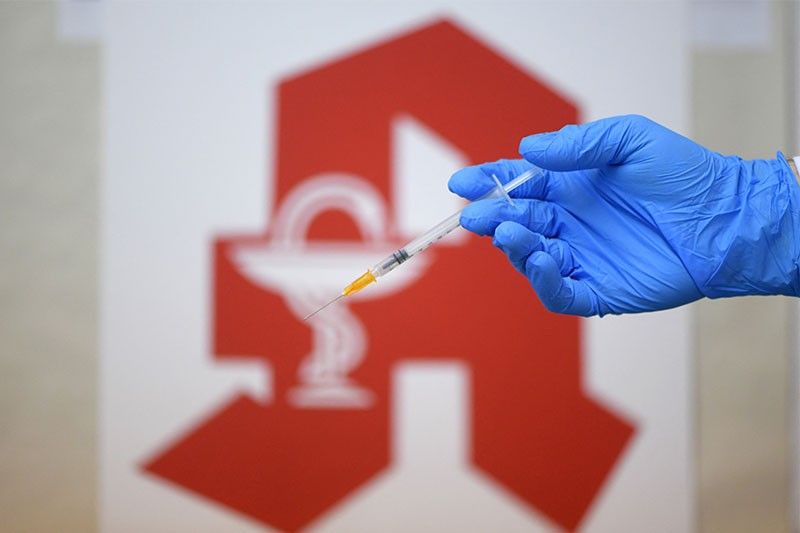BioNTech to ship mobile COVID-19 vaccine labs to Africa

MARBURG, Germany — Germany's BioNTech, which together with Pfizer developed the first mRNA vaccine against the coronavirus, said Wednesday it plans to ship mobile vaccine production units to Africa.
"The question was, can we make the process compact enough to fit in a container," the chief executive and co-founder of BioNTech, Ugur Sahin, told AFP as the company unveiled the new labs, dubbed "BioNTainers".
BioNTech said it aims to establish the "first manufacturing facility in the African Union" in "mid-2022" and expects to ship the modular production units to Rwanda and/or Senegal.
Rwandan President Paul Kagame and his Senegalese counterpart Macky Sall attended the Vaccine Equity for Africa meeting at BioNTech's mRNA production site in Marburg, Germany, along with Ghana's President Nana Akufo-Addo and World Health Organization chief Tedros Adhanom Ghebreyesus.
"The modular system opens up new perspectives for global vaccine equity," Kagame said.
Tedros said that boosting local production was "essential", particularly as more than 100 countries worldwide had failed to attain the vaccination rate of 70 percent that the WHO had been targeting for the middle of this year.
Africa is the least-vaccinated continent in the world — more than two years after the start of the pandemic and more than a year after the roll-out of the first coronavirus vaccines, less than 12 percent of Africans have been fully vaccinated.
Earlier this month, South African biotech company Biologics announced it had produced the continent's first coronavirus vaccine based on mRNA technology using the genetic code that another mRNA vaccine maker, Moderna, had made publicly available.
Sahin said BioNTech, which developed its vaccine with US pharma giant Pfizer, has sold tens of millions of the shot and was aiming to "instal production sites for our mRNA technology on every continent".
Meticulous production process
South Africa could "potentially" join the list of recipients of the mobile labs, BioNTech said.
The 12 units in total each comprise two modules — one for the production of mRNA and the other for the vaccine serum — and local partners then take over the filling of the vials.
The manufacturing process is made up of some 50,000 steps, each of which had to be followed meticulously.
But the containers overcome this challenge by having "the process pre-validated" before they are installed, Sahin explained.
Normally, it takes around three years to build a new factory. But using the mobile units, the first doses will be ready after 12 months, Sahin said.
The containers could also be used to produce vaccines against malaria based on mRNA technology, were it to be authorised after clinical trials planned to begin this year.
BioNTech employees will operate the containers to begin with, while training local employees "to hand over the site in the mid- or long-term", according to the statement.
The vaccine technology will be shared without the patents behind it being waived, as requested by a number of countries and NGOs.
"Patents aren't the key. When we instal the technology and hand it over to a partner, they will also get the licence to operate it," Sahin said, adding that BioNTech would assure the "responsible use".
- Latest
- Trending





























